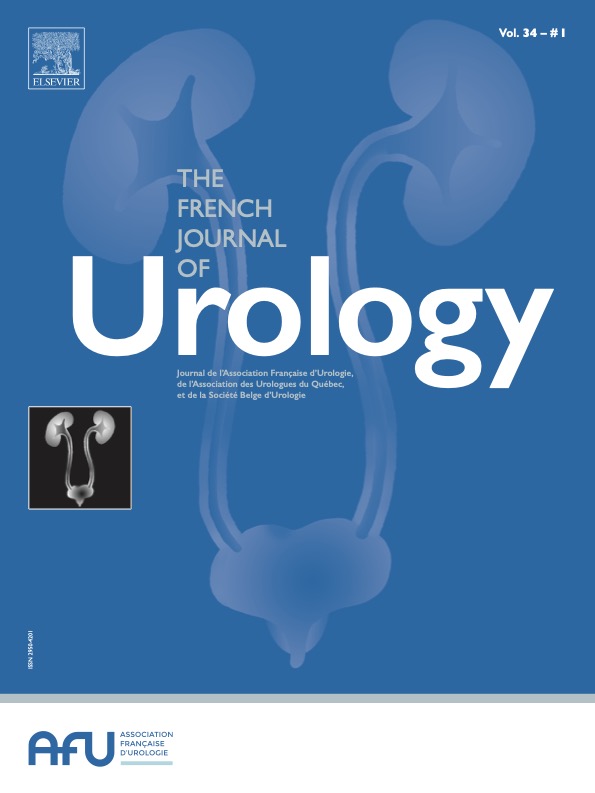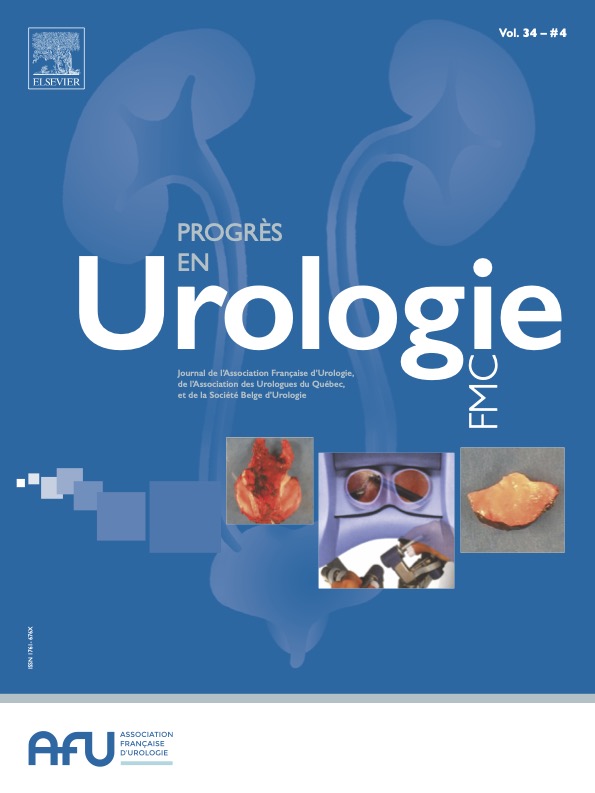Paramètres de confidentialité
Décidez des cookies que vous souhaitez autoriser.
Vous pouvez modifier ces paramètres à tout moment. Cependant, cela peut entraîner certaines fonctions ne sont plus disponibles. Pour plus d'informations sur la suppression des cookies, veuillez consulter la fonction d'aide de votre navigateur.
En savoir plus sur les cookies que nous utilisons.
Avec le curseur, vous pouvez activer ou désactiver différents types de cookies:
Ce site web va:
- Remember which cookies group you accepted
- Essentiel: n'oubliez pas votre paramètre d'autorisation de cookie
- Essentiel: Autoriser les cookies de session
- Essentiel: Rassemblez les informations que vous entrez dans un formulaire de contact, un bulletin d'information et d'autres formulaires sur toutes les pages
- Essentiel: Gardez une trace de ce que vous entrez dans un panier
- Essentiel: authentifiez que vous êtes connecté à votre compte d'utilisateur
- Essentiel: n'oubliez pas la version linguistique que vous avez sélectionnée
Ce site web ne va pas :
- Rappelez-vous de vos informations de connexion. Fonctionnalité: mémoriser les paramètres des médias sociaux
- Fonctionnalité: Rappelez-vous la région et le pays sélectionnés
- Analytics: Gardez une trace de vos pages visitées et des interactions prises
- Analytics: suivez votre localisation et votre région en fonction de votre numéro IP
- Analytics: Gardez une trace du temps passé sur chaque page
- Analytics: augmente la qualité des données des fonctions statistiques
- Publicité: Adaptez l'information et la publicité à vos intérêts en fonction, par ex. le contenu que vous avez visité auparavant. (Actuellement, nous n'utilisons pas le ciblage ou le ciblage des cookies.) Publicité: Collectez des informations personnellement identifiables telles que le nom et l'emplacement
Ce site web va:
- Remember which cookies group you accepted
- Essentiel: n'oubliez pas votre paramètre d'autorisation de cookie
- Essentiel: Autoriser les cookies de session
- Essentiel: Rassemblez les informations que vous entrez dans un formulaire de contact, un bulletin d'information et d'autres formulaires sur toutes les pages
- Essentiel: Gardez une trace de ce que vous entrez dans un panier
- Essentiel: authentifiez que vous êtes connecté à votre compte d'utilisateur
- Essentiel: n'oubliez pas la version linguistique que vous avez sélectionnée. Fonctionnalité: mémoriser les paramètres des médias sociaux
- Fonctionnalité: Rappelez-vous la région et le pays sélectionnés
Ce site web ne va pas :
- Rappelez-vous de vos informations de connexion. Analytics: Gardez une trace de vos pages visitées et des interactions prises
- Analytics: suivez votre localisation et votre région en fonction de votre numéro IP
- Analytics: Gardez une trace du temps passé sur chaque page
- Analytics: augmente la qualité des données des fonctions statistiques
- Publicité: Adaptez l'information et la publicité à vos intérêts en fonction, par ex. le contenu que vous avez visité auparavant. (Actuellement, nous n'utilisons pas le ciblage ou le ciblage des cookies.) Publicité: Collectez des informations personnellement identifiables telles que le nom et l'emplacement
Ce site web va:
- Remember which cookies group you accepted
- Essentiel: n'oubliez pas votre paramètre d'autorisation de cookie
- Essentiel: Autoriser les cookies de session
- Essentiel: Rassemblez les informations que vous entrez dans un formulaire de contact, un bulletin d'information et d'autres formulaires sur toutes les pages
- Essentiel: Gardez une trace de ce que vous entrez dans un panier
- Essentiel: authentifiez que vous êtes connecté à votre compte d'utilisateur
- Essentiel: n'oubliez pas la version linguistique que vous avez sélectionnée. Fonctionnalité: mémoriser les paramètres des médias sociaux Fonctionnalité: Se souvenir de la région et du pays sélectionnés
- Analytics: Gardez une trace de vos pages visitées et des interactions prises
- Analytics: suivez votre localisation et votre région en fonction de votre numéro IP
- Analytics: Gardez une trace du temps passé sur chaque page
- Analytics: augmente la qualité des données des fonctions statistiques
Ce site web ne va pas :
- Rappelez-vous vos informations de connexion. Publicité: Utiliser des informations pour la publicité sur mesure avec des tiers
- Publicité: vous permet de vous connecter à des sites sociaux
- Publicité: Identifiez le périphérique que vous utilisez
- Publicité: Rassemblez des informations personnellement identifiables telles que le nom et l'emplacement
Ce site web va:
- Remember which cookies group you accepted
- Essentiel: n'oubliez pas votre paramètre d'autorisation de cookie
- Essentiel: Autoriser les cookies de session
- Essentiel: Rassemblez les informations que vous entrez dans un formulaire de contact, un bulletin d'information et d'autres formulaires sur toutes les pages
- Essentiel: Gardez une trace de ce que vous entrez dans un panier
- Essentiel: authentifiez que vous êtes connecté à votre compte d'utilisateur
- Essentiel: n'oubliez pas la version linguistique que vous avez sélectionnée. Fonctionnalité: mémoriser les paramètres des médias sociaux Fonctionnalité: Se souvenir de la région et du pays sélectionnés
- Analytics: Gardez une trace de vos pages visitées et des interactions prises
- Analytics: suivez votre localisation et votre région en fonction de votre numéro IP
- Analytics: Gardez une trace du temps passé sur chaque page
- Analytics: augmente la qualité des données des fonctions statistiques
- Publicité: Utiliser des informations pour la publicité sur mesure avec des tiers
- Publicité: vous permet de vous connecter à des sites sociaux. Publicité: identifiez l'appareil que vous utilisez
- Publicité: Rassemblez des informations personnellement identifiables telles que le nom et l'emplacement
Ce site web ne va pas :
- Se souvenir de vos identifiants de connexion








